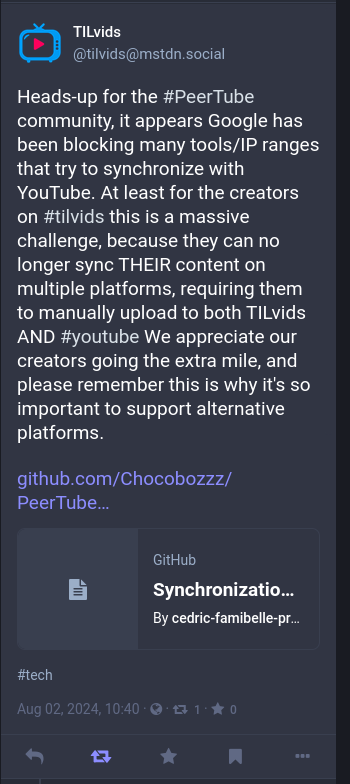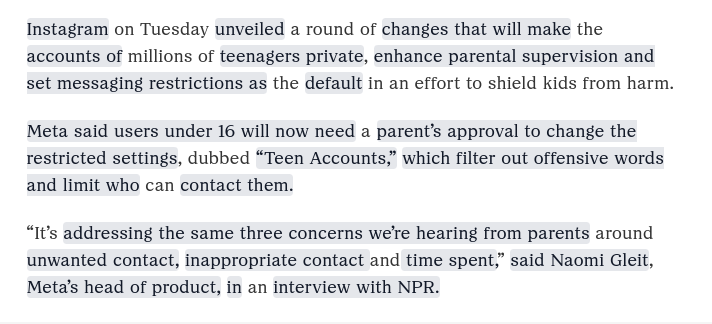Technology
58123 readers
4085 users here now
This is a most excellent place for technology news and articles.
Our Rules
- Follow the lemmy.world rules.
- Only tech related content.
- Be excellent to each another!
- Mod approved content bots can post up to 10 articles per day.
- Threads asking for personal tech support may be deleted.
- Politics threads may be removed.
- No memes allowed as posts, OK to post as comments.
- Only approved bots from the list below, to ask if your bot can be added please contact us.
- Check for duplicates before posting, duplicates may be removed
Approved Bots
founded 1 year ago
MODERATORS
26
10
AI is working its way into smartphones, but some tools could be subverted for misinformation.
(theconversation.com)
28
29
30
31
32
33
34
433
Google Serves AI Slop as Top Result for One of the Most Famous Paintings in History
(www.404media.co)
35
36
63
New teen accounts on Instagram are a welcome step, but real ‘peace of mind’ requires more.
(theconversation.com)
37
38
39
44
Virgin Media Warns UK Broadband Users Not to Switch Routers Off at Night - ISPreview UK
(www.ispreview.co.uk)
40
41
505
US can’t ban TikTok for security reasons while ignoring Temu, other apps, TikTok argues
(arstechnica.com)
42
158
Why is the internet overflowing with rubbish ads – and what can we do about it?
(theconversation.com)
43
44
45
6
Exclusive: Circle to Search is coming to Xiaomi 14T series - Spill Some Beans
(spillsomebeans.com)
46
47
48
143
US sanctions Israeli spyware firm Intellexa, citing 'reckless' threat to national security
(www.middleeastmonitor.com)
49
50

